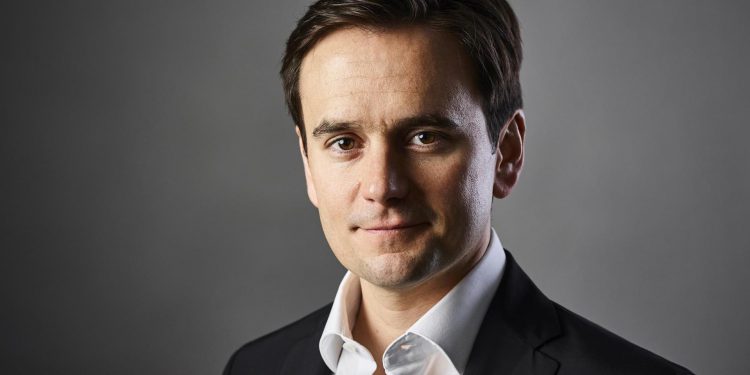“Customers are having to choose between heating and eating: to turn to food banks or go hungry,” according to UK supermarket chain Iceland’s managing director Richard Walker.
He says the imminent rise in energy prices will hit his customers hard, as well as his own business, which is highly dependent on refrigeration.
“We operate in some of the most deprived communities in the country, and our colleagues see customers already struggling to make ends meet,” he said.
“Some are trying to feed their families on budgets of £25 a week. These are the people who have literally nothing in reserve to cope with higher bills.
“The need for a cost of living strategy is urgent. This is a much bigger crisis for all of us than the apparent party culture in Downing Street, and it needs to be moved to the top of the government’s agenda right away.
“When sales in one of our stores fall off, in the absence of new local competition, we know that we are more than likely losing customers to food banks or, worse still, to hunger.
“It is shaming that this can be a reality in a rich G7 country”
“There are already more food banks than branches of McDonald’s in the UK: a fact which should shame a rich G7 country.
“According to the Food Foundation, nearly one in ten adults were going hungry in some parts of the country in January last year. It is shaming that this can be a reality in a rich G7 country in 2022.
“Food insecurity is causing stress and misery to far too many families.”
He said the UK government needs to act urgently to make UK energy secure through a massive expansion of electricity generation from renewables, and the rapid development of compact nuclear reactors to provide a dependable baseload of power when the wind does not blow, or the sun does not shine.
“It must not, for all our sakes, be tempted to step back from its plans for decarbonisation of the economy,” Richard Walker said.
“We have a clear moral responsibility to take a lead in going green”
“We in the UK have theoretically done a brilliant job of reducing our carbon emissions, by exporting so much of our manufacturing elsewhere. But we cannot escape the fact that we led the way in pumping carbon into the atmosphere as we embarked on the world’s first industrial revolution.
“That gives us a clear moral responsibility to take a fresh lead now in ‘going green’, achieving Net Zero carbon, and protecting and enhancing biodiversity.”
A pilot ethical credit scheme by Iceland and other partners has now extended more than £1 million in microloans to communities in Yorkshire and North Wales.
Operated by Fair for You, short-term loans of £25 to £75 are uploaded to a dedicated Food Club card, and repaid at the rate of £10 per week. On a £75 loan, repaid over eight weeks, a Club member will pay interest of £2.89. On a £25 loan they pay 40p interest.
Before the launch 84 per cent of participants went without because they could not afford to buy food, and half were referred to food banks – though many were simply too embarrassed to use them.
Richard Walker says an early social impact report has found that now 83 per cent of participants no longer need to use food banks, 80 per cent report an improvement in their mental health, and 75 per cent are feeding their children a more healthy diet.























